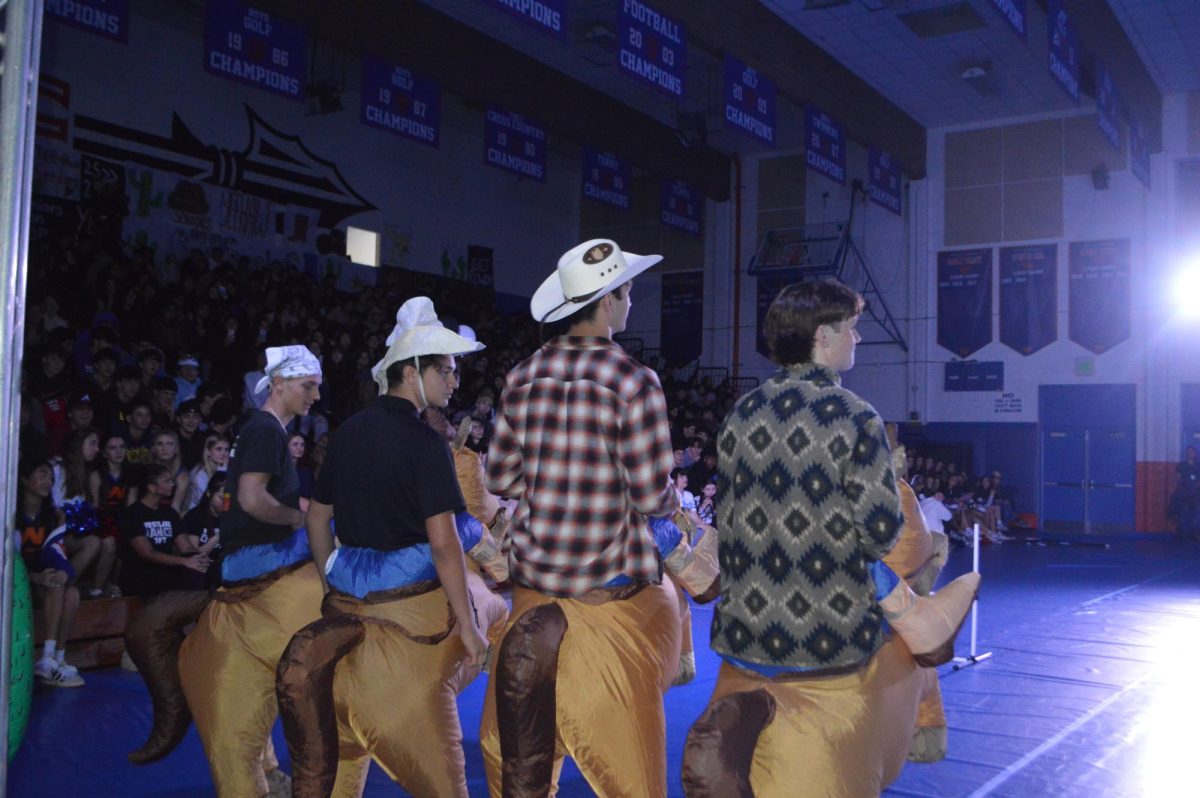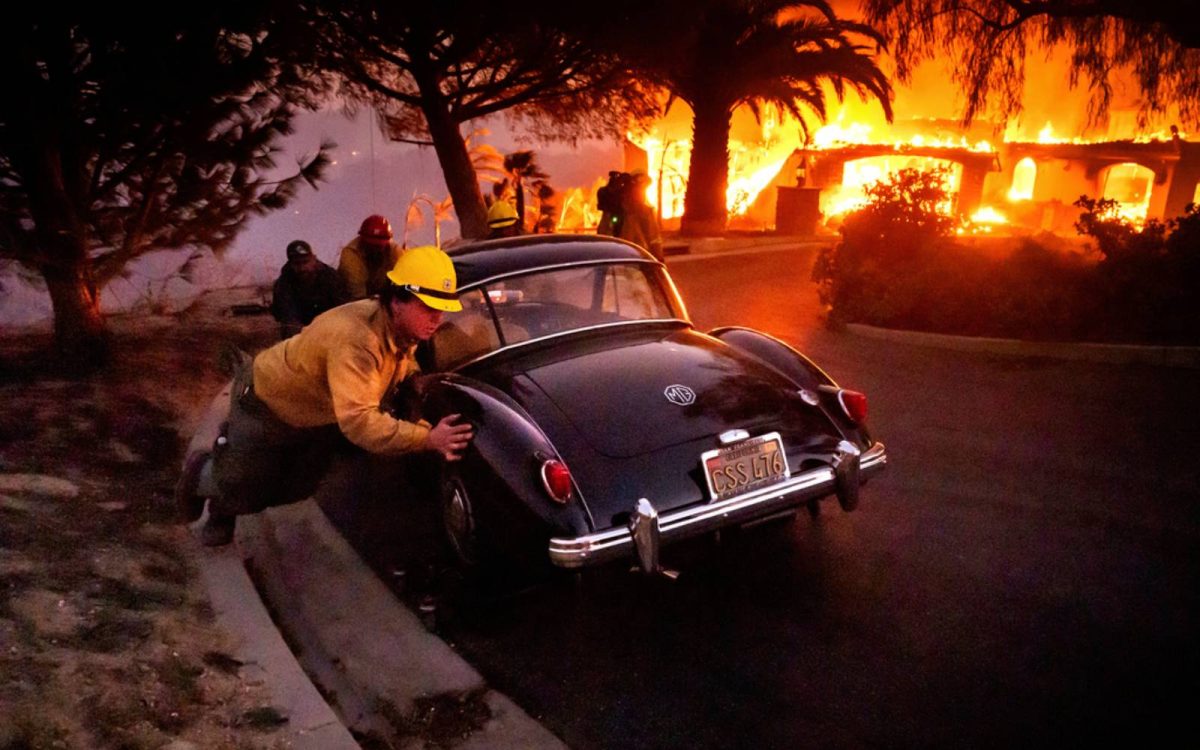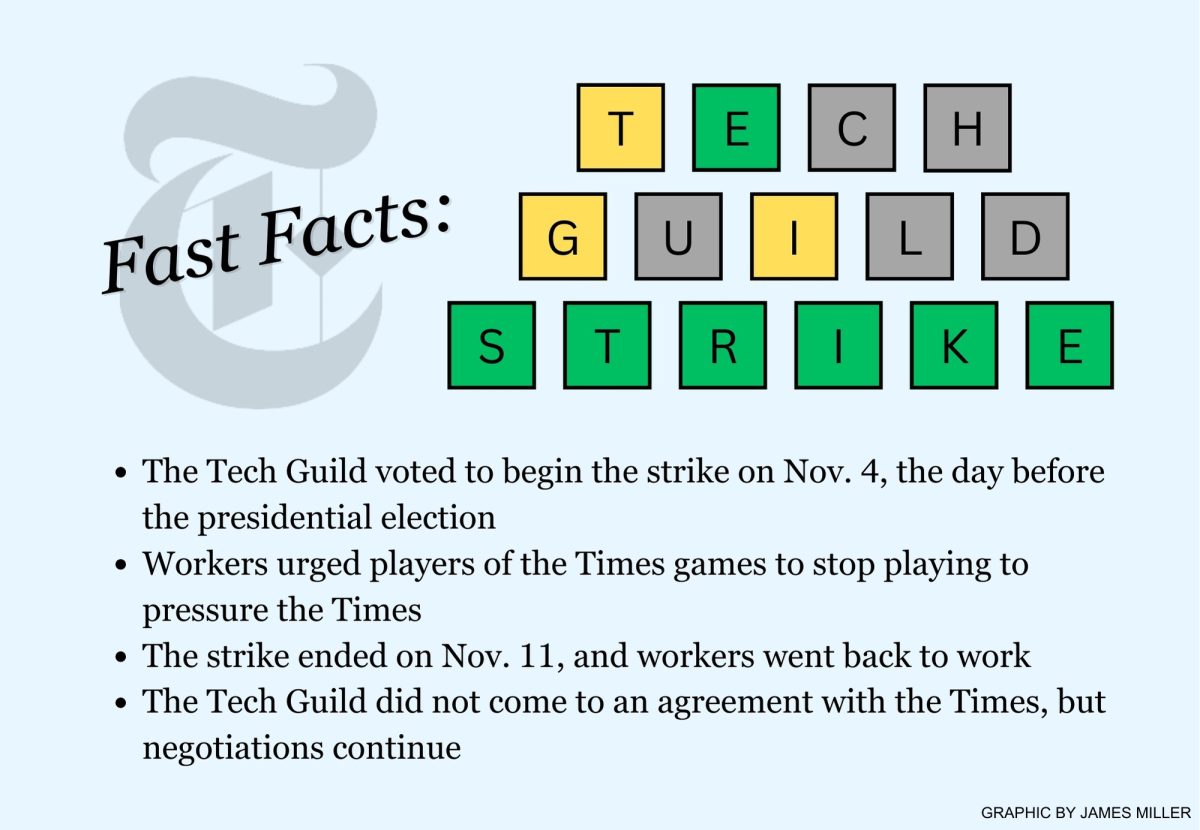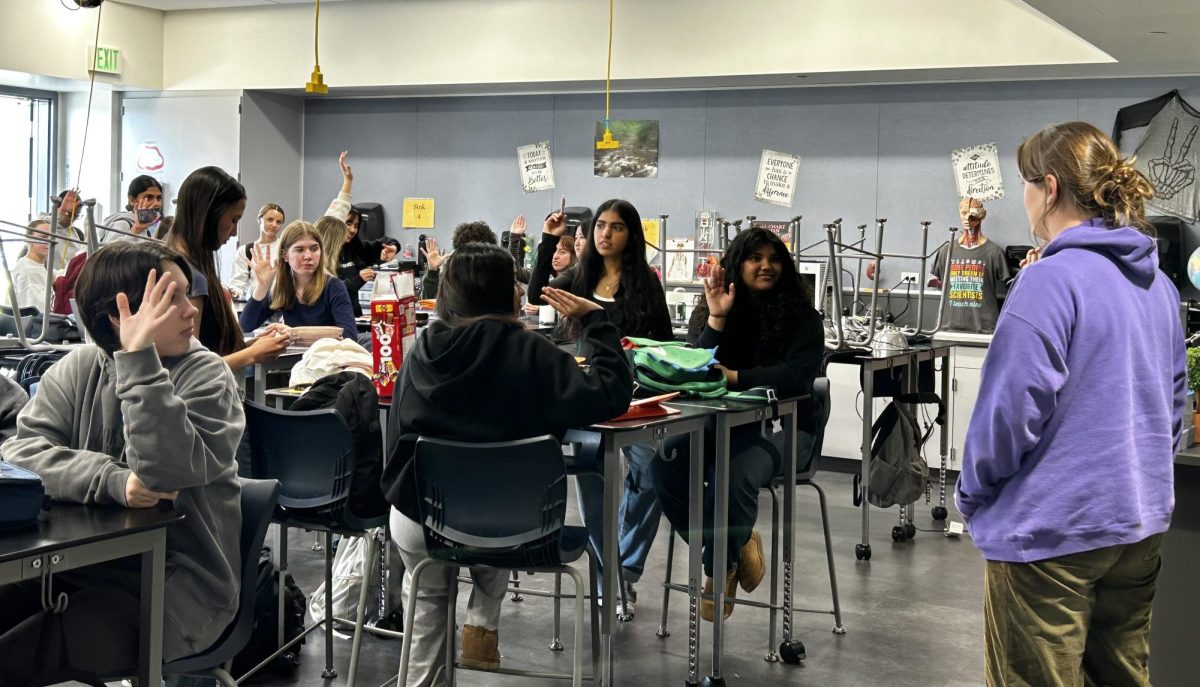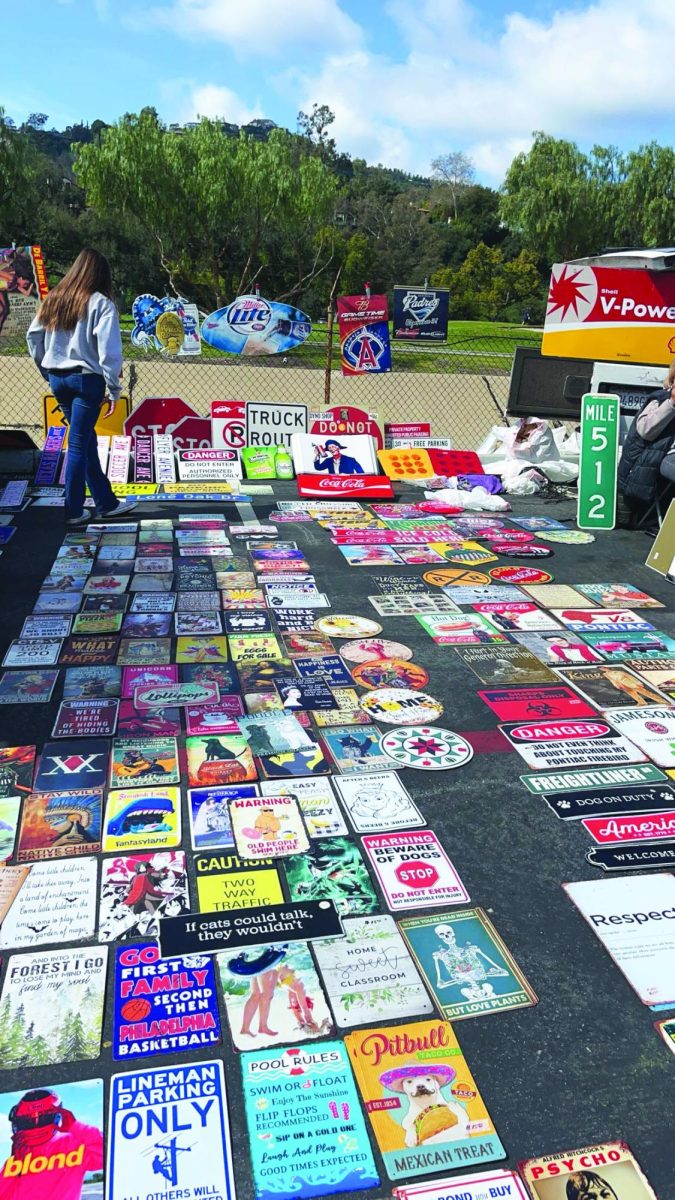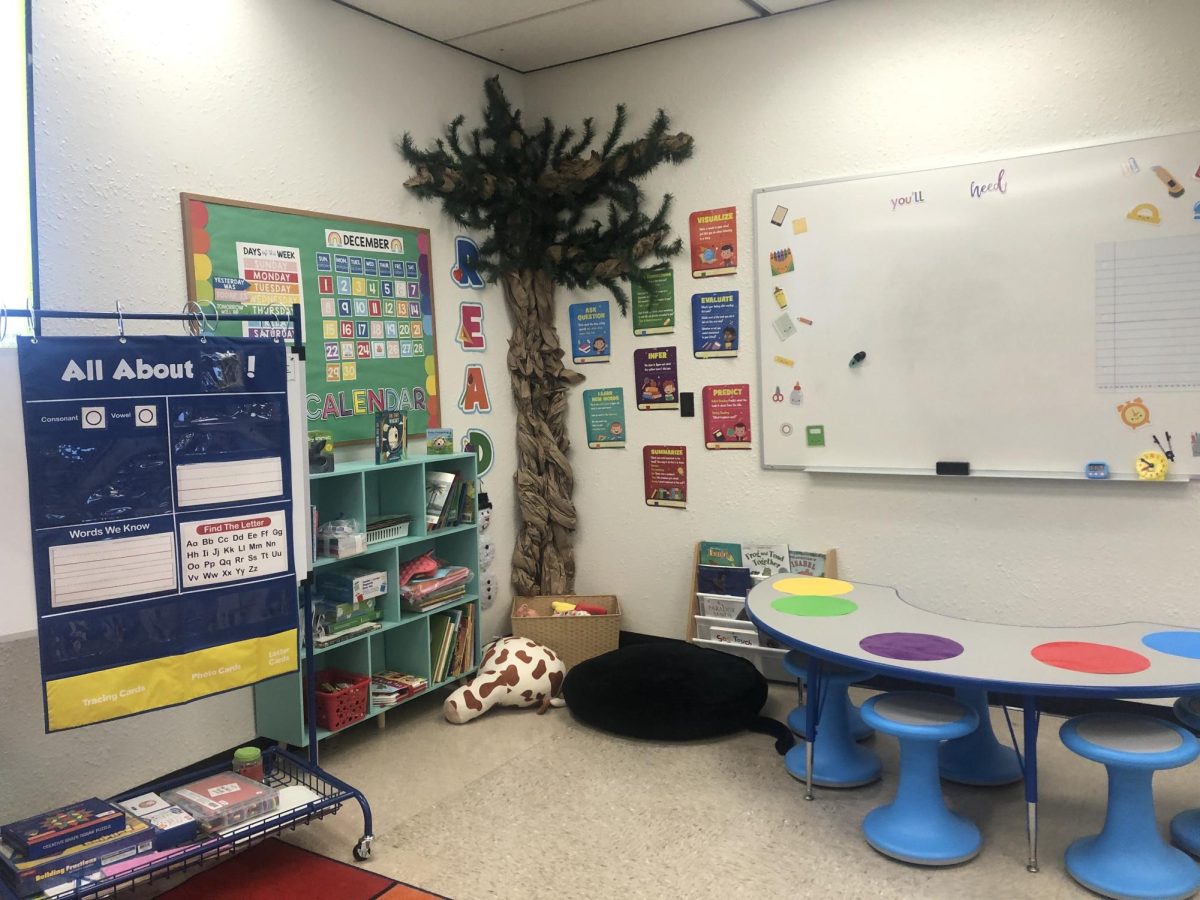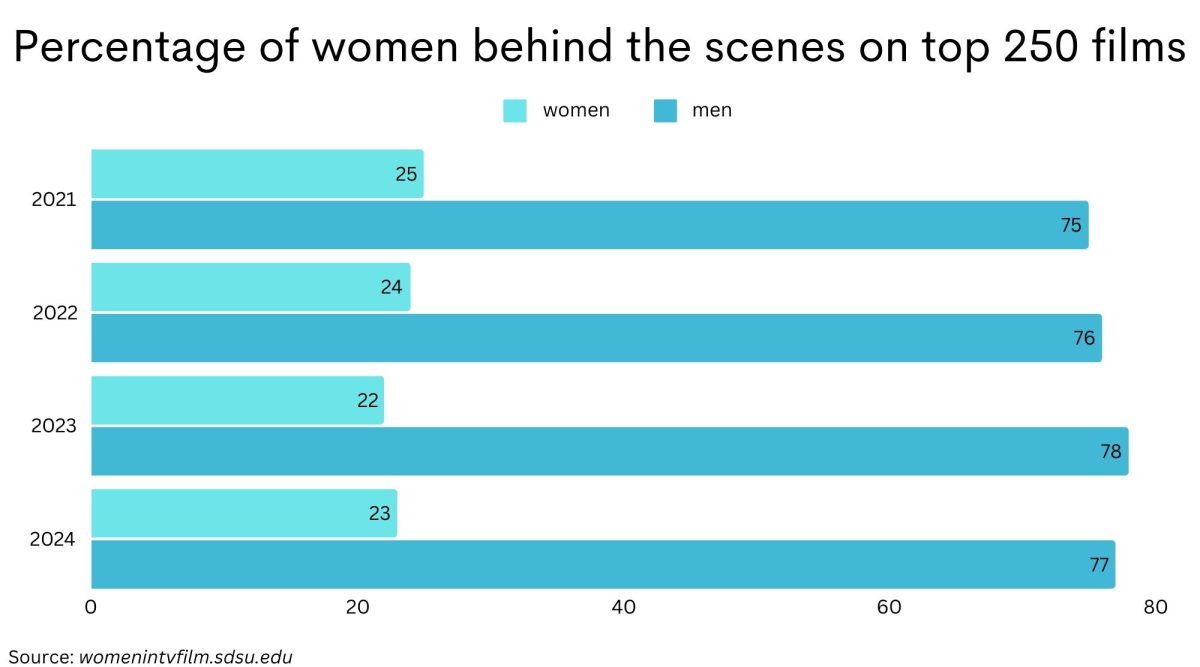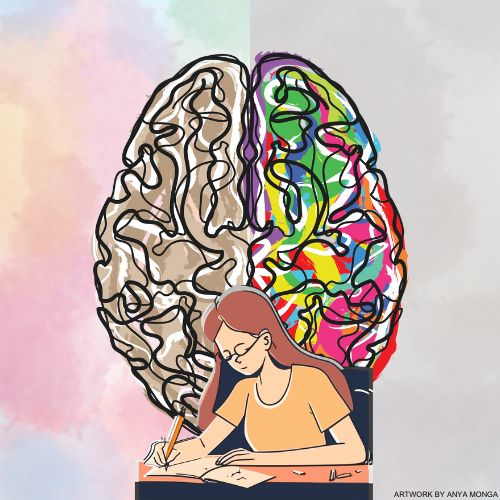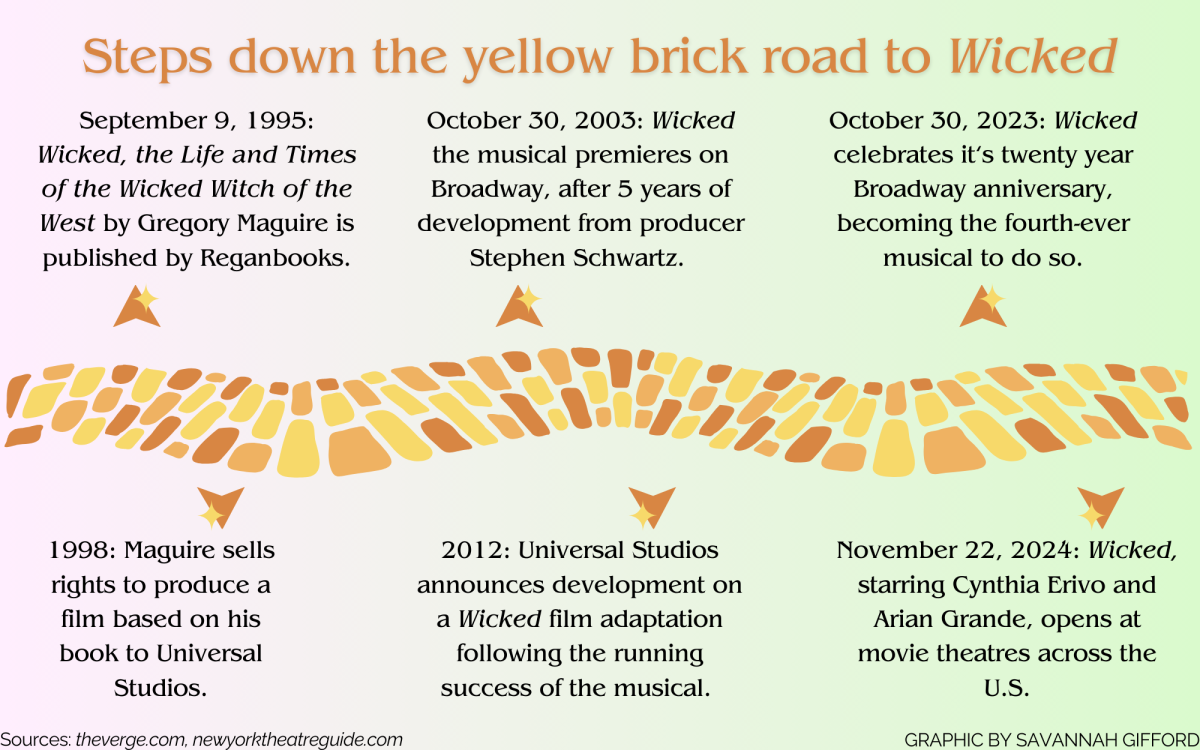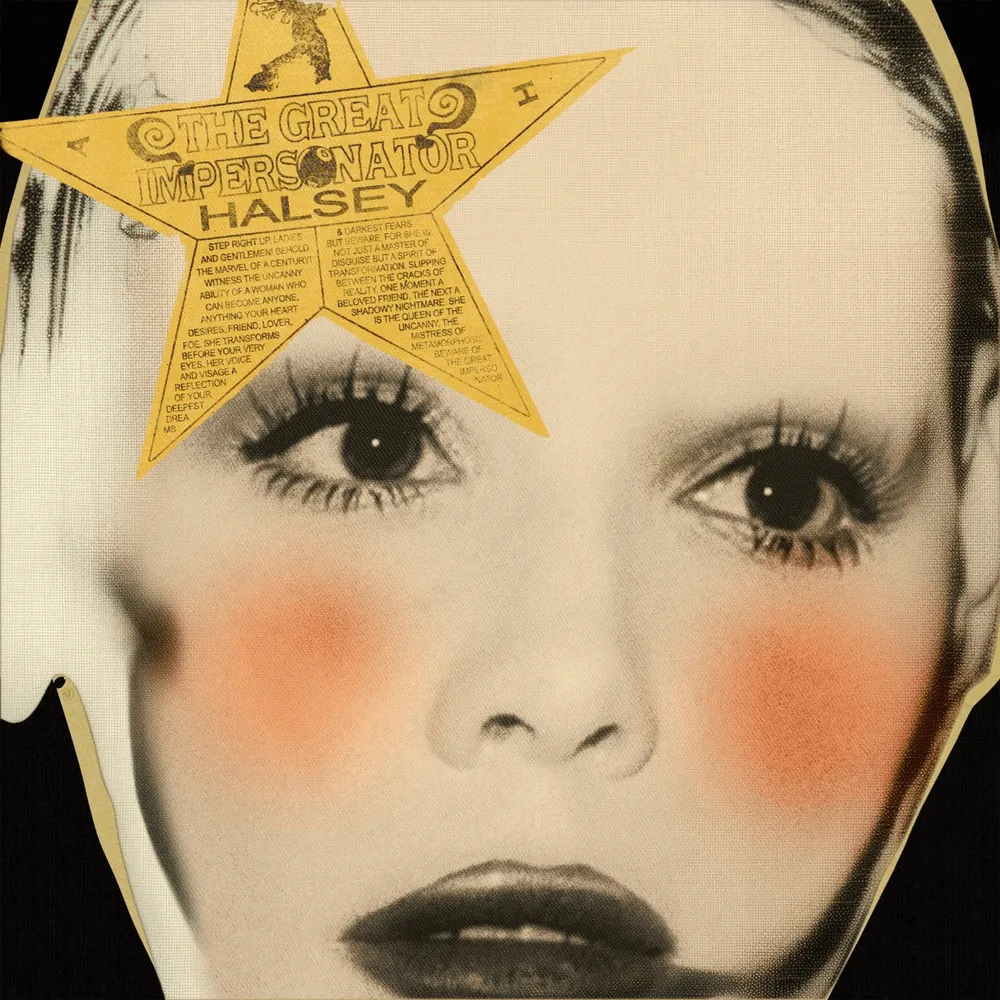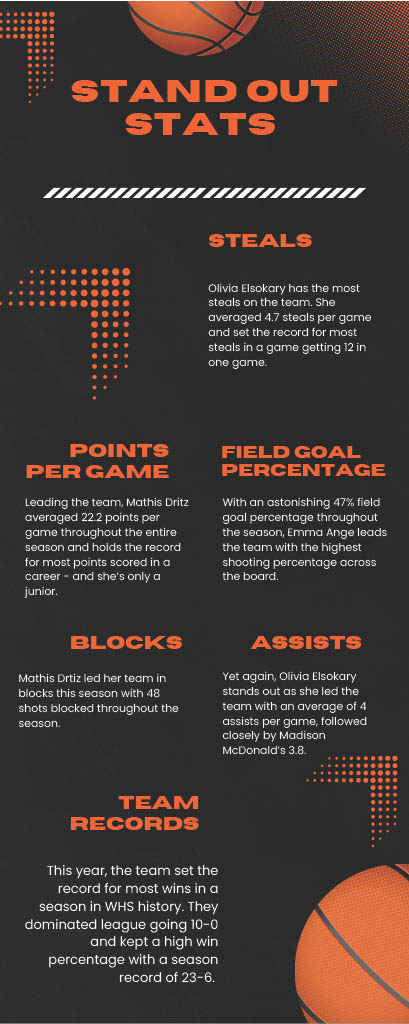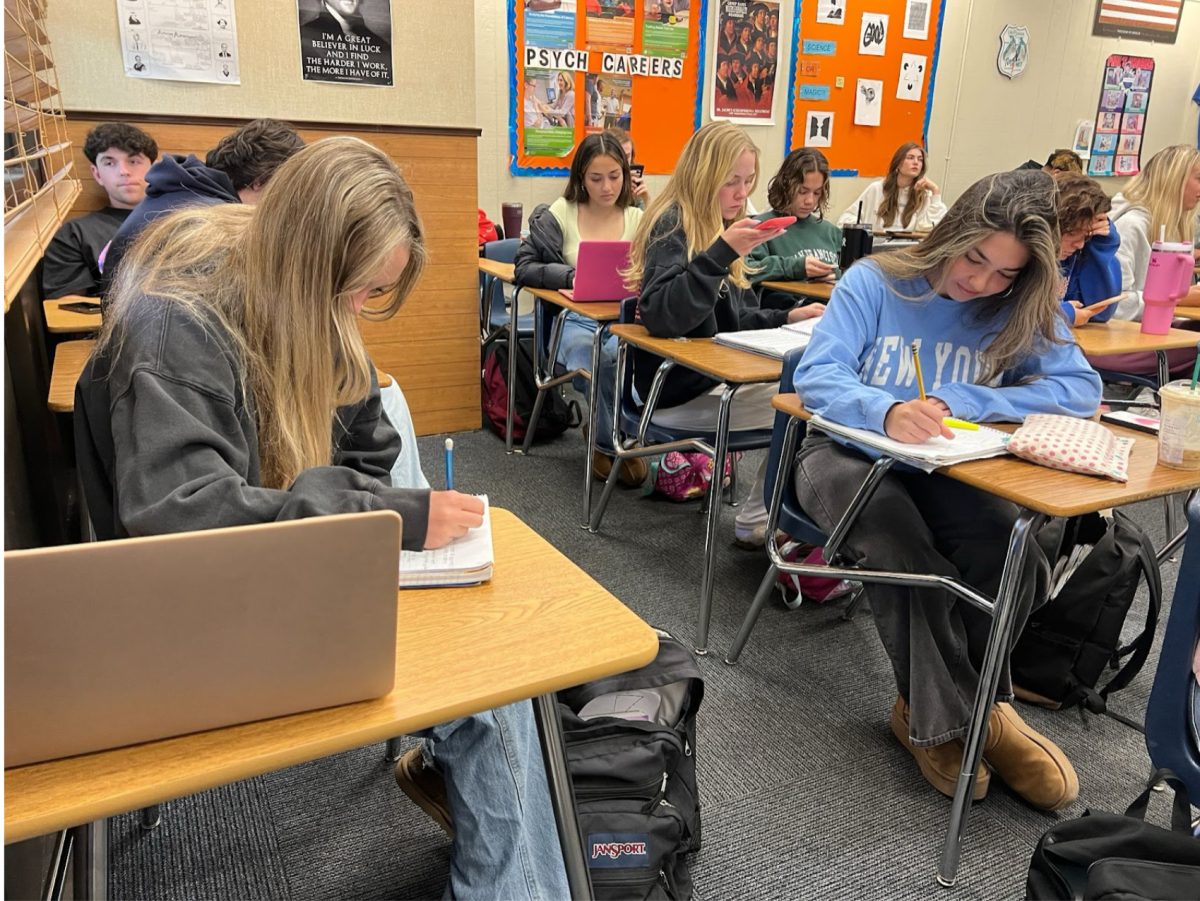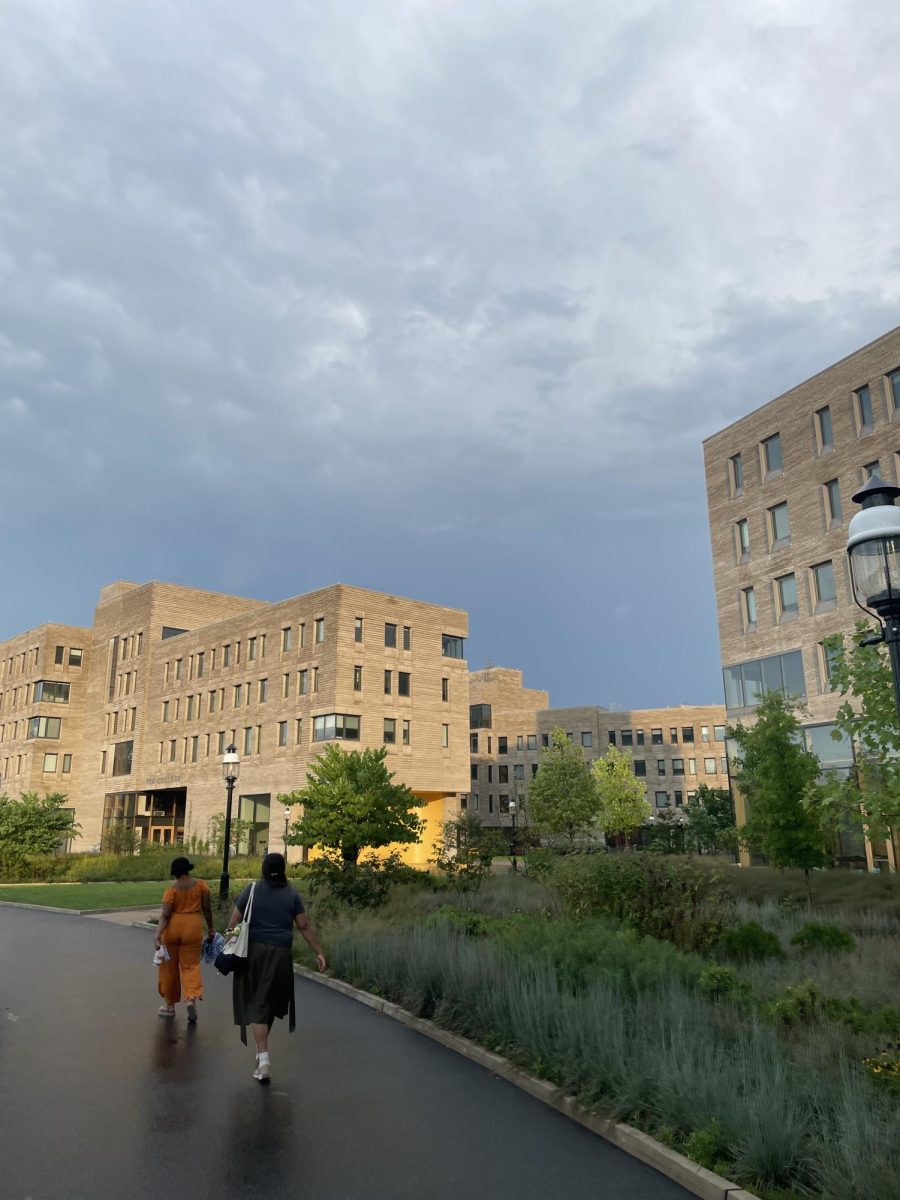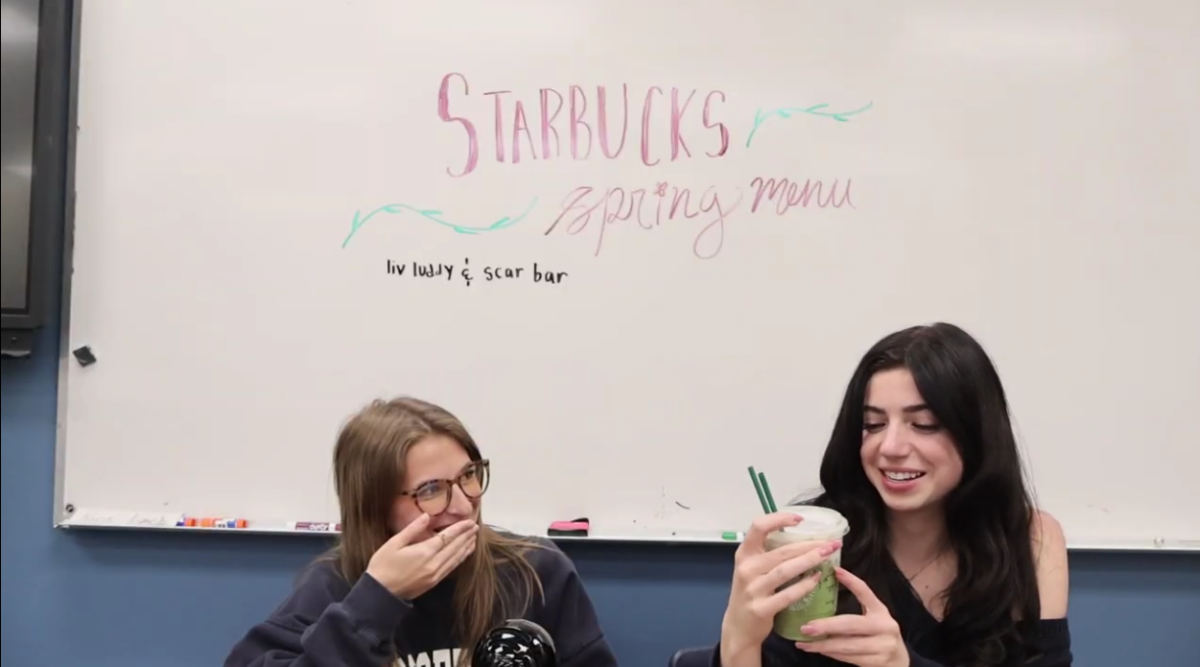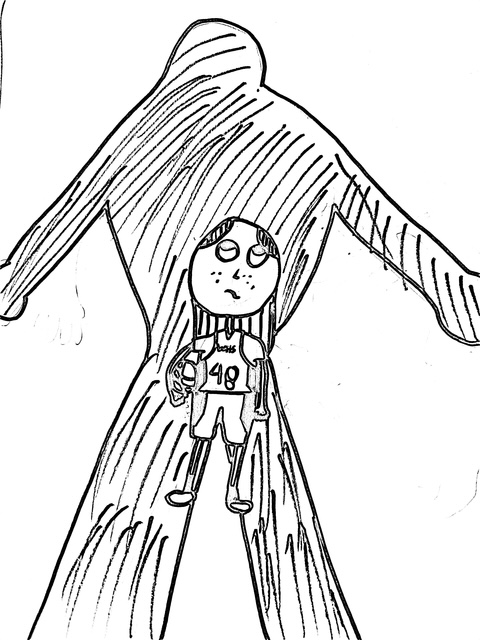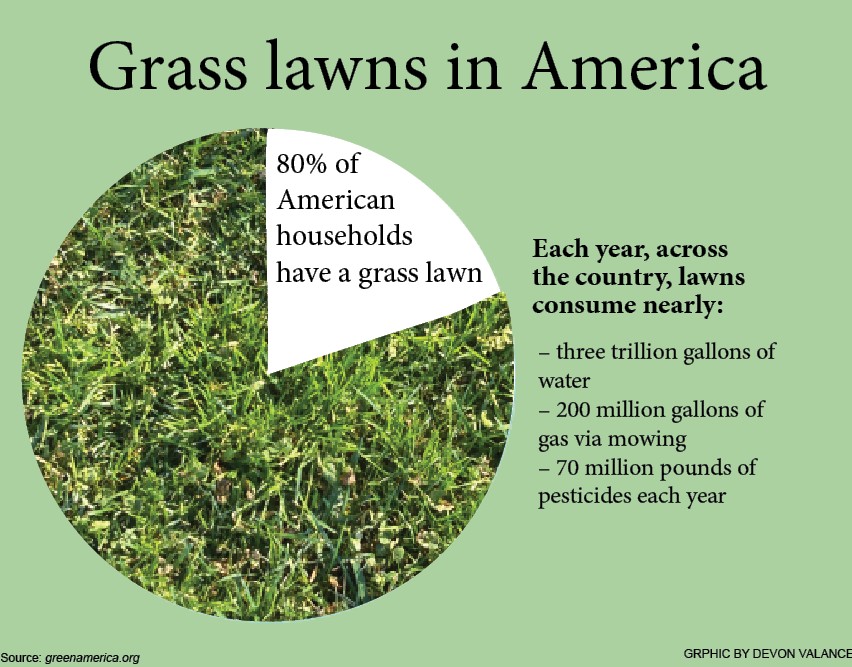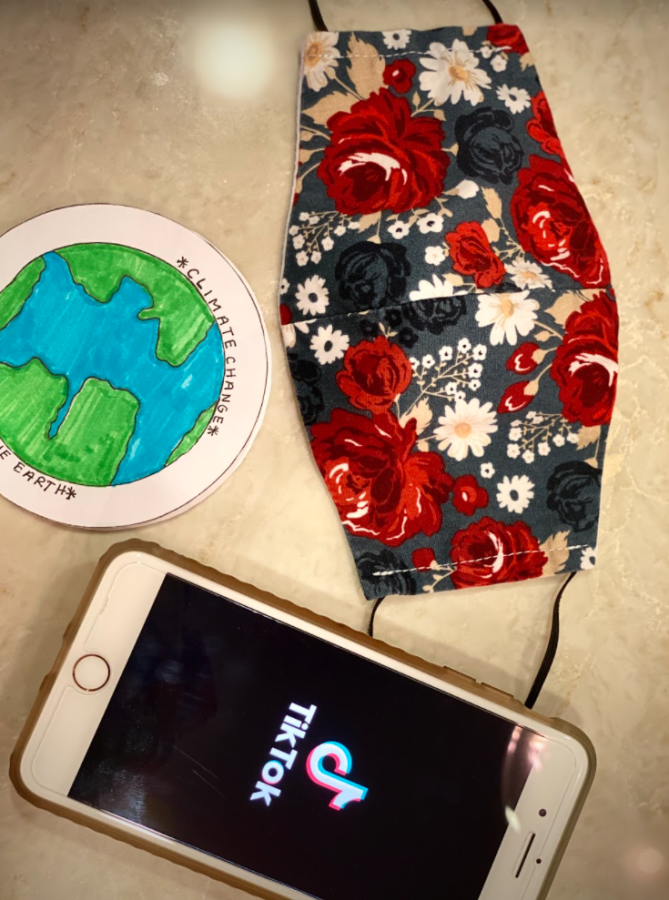When you hear the word TikTok, you’re probably thinking of the Renegade or Charli D’Amelio; however, since its release in 2017 and boom during the coronavirus pandemic, the app has showcased various topics and videos on users’ “For You” pages, such as makeup, dancing, singing, DIY projects and social awareness.
With the pandemic hitting in March of this year, many people have installed the app to keep themselves entertained. The app serves as a platform for people to watch videos of big creators or their friends and even to upload videos of themselves dancing or doing their favorite activities. Recently, the app started displaying various social awareness videos about topics such as Black Lives Matter or climate change.
“TikTok wants to inspire and encourage a new generation to have a positive impact on the planet and those around them,” according to the TikTok for Good website.
Creators such as Charli D’Amelio — a 16–year–old girl who has over 89 million followers and is the No. 1 most followed on TikTok — has uploaded various videos addressing body shaming and spreading body positivity. Those videos include positive comments about all body types, motivational quotes and a call–to–action for people to spread love.
“[It’s important to] understand that we should just be kind and uplift everyone instead of trying to bring others down,” tweeted D’Amelio after her friends were body–shamed online.
D’Amelio continued by explaining to her followers how body shaming affects influencers’ mental health and other people’s emotions as well.
“I can’t understand why some people think it’s okay to talk about someone’s looks, weight, sexual identity … in a negative way,” tweeted D’Amelio. “This can be hurtful to not only the person you are making fun of but also the people that look like or identify with what you are saying is a ‘problem.’”
D’Amelio tweeted these messages to defend another TikTokker and social media influencer Kouvr Annon, who was body–shamed on social media in August of 2020. Annon has since opened up about her struggles with accepting herself and loving her body amidst hateful comments directed towards her throughout her life.
“I was never the ‘skinny’ girl, and I never looked like any of my friends,” wrote Annon on her Instagram story according to Seventeen. “It’s so hard to be confident in yourself and love yourself when the world tells you that you’re ‘fat’ or ‘ugly.’ I’ve always felt that I have never been good enough for anyone, and when I looked in the mirror, there was always something wrong.”
Annon went on to write about how she realized that she needed to love herself and not look good to impress others. She also mentioned how body shaming can trigger certain emotions in people that can cause them to do self–harm.
“People struggle every day with loving themselves, and when you tear people down, it’s so much deeper than that comment,” wrote Annon on her Instagram story. “Please think before you take the time out of your day to tear someone down [when you could] just as easily lift someone up. Let’s spread positivity.”
In addition to body positivity, influencers were also spreading awareness regarding the Black Lives Matter Movement that started in June 2020. D’Amelio’s mom, Heidi D’Amelio, posted a video on June 9 about Blackout Tuesday, a day to protest police brutality against African Americans. Many other influencers took to Instagram or other platforms on June 2 to participate in Blackout Tuesday as well. Pretty soon, #blackouttuesday was trending on social media platforms.
TikTok users such as Yumin Kim ‘22 have noticed the awareness being spread on the app and believe it helps solve those issues in the long–run by targeting young audiences. Kim has started to educate herself on the issues being publicized by big influencers on the app to learn more about how to spread awareness herself.
“Big influencers who usually didn’t talk about those types of topics [made] an impact,” said Kim. “Also it made me want to educate myself about what was going on, so I could be more involved and aware.”
Kim has seen a variety of videos targeting different social issues since she joined the app at the beginning of quarantine in March. Kim has seen influencers actively participating to spread social awareness.
“I have seen many influencers talking about many current world issues, such as Black Lives Matter, … the current presidential election, and government policies,” said Kim. “I also have seen some videos intended to inform people about current world issues, but less often.”
Adam Zilberman ‘22 has also noticed this on the app since he joined around four months ago. He saw that many young users were spreading awareness about social issues on the app while others were clearing up common misconceptions. Though he felt that many users did not provide links to petitions or donations, Zilberman thought TikTok was a good way to get the ball rolling in terms of addressing the problems.
“Posting on TikTok is good for spreading the message but not good for inciting action,” said Zilberman. “I believe that it’s a good way to gain some traction and spread awareness which has started some momentum for [current] movements.”
In addition to movements such as Black Lives Matter, TikTok is also being used to spread awareness about climate change and environmental destruction. #Globalwarming is just one of many hashtags creators used in their awareness videos.
16–year–old Hana Martin from South Wales used her makeup talents to depict the impact of pollution on marine life by showing beautiful ocean scenery on the top half of her body then switching to a jarring design of the same ecosystem surrounded in trash.
“Younger people will listen to other younger people,” said Martin according to BBC News. “My friend told me off the other day for using a plastic bottle. That’s what impacts you the most when people you know are doing things to help the environment that you are not. That’s more effective than adults or politicians talking about it.”

